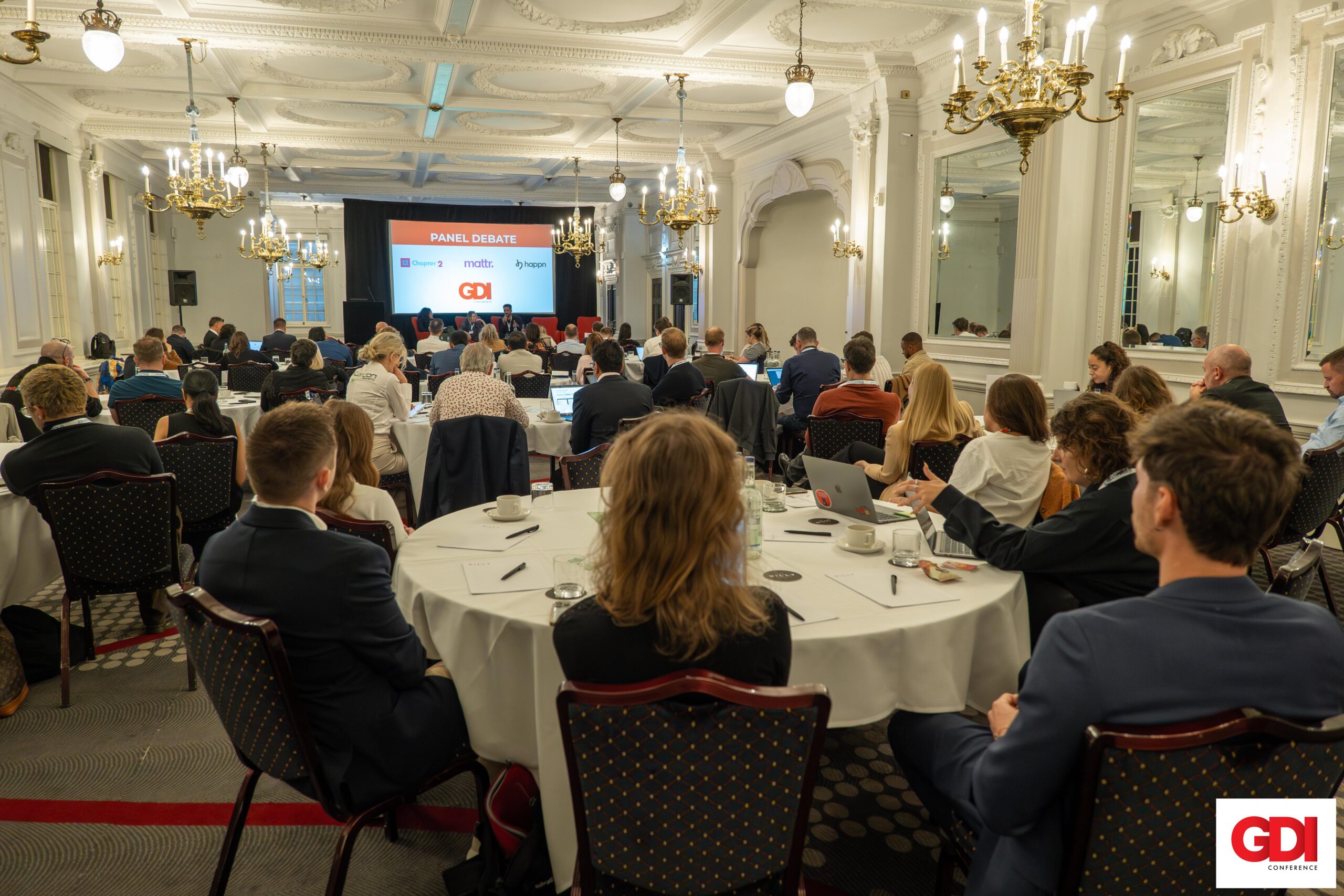A landmark international study spanning 50 countries and featuring data from over 6,600 partnered individuals reveals that couples who met online tend to experience lower levels of satisfaction, intimacy, passion, and commitment compared to those who connected offline. The research, led by Dr. Marta Kowal at the University of Wrocław with collaborators from the Australian National University and the University of Stirling, emphasizes that while differences are modest, they are meaningful.
According to ANU co-author Adam Bode, one contributing factor may be the greater similarity – or homophily, where people bond with others like themselves – often seen in couples who meet in person. Shared social, educational, and cultural backgrounds can boost mutual understanding and support, an advantage less common among online pairings.
The study also challenges several assumptions about online courtship. It found no significant difference in online meeting frequency across demographics such as age, geography, or education, suggesting that digital matchmaking has become universally accessible. However, longer-lasting relationships were less likely to have begun online.
Experts hypothesize that “choice overload” on dating platforms – where users are inundated with endless potential matches – may undermine decision-making and satisfaction. Coupled with the rise of swipe culture and pursuit of casual connections, these elements might contribute to diluted emotional connection over time. Dating apps may be able to close this gap with a stronger focus on authenticity and deeper connections, two things that are already being seen more often in new dating start-ups.


